Recovery from addiction is a journey that is often fraught with challenges. Whether it involves alcohol addiction or other substances, support plays an essential role in achieving long-term recovery. Navigating through countless options of online groups might feel Alcoholics Anonymous overwhelming. Annie’s programs are rooted heavily in neuroscience and behavioral change. The Path is a four-step program focusing on a science-based, religion-free approach to quitting drinking.
What works better than AA?
Many people in recovery describe this period as one of the most challenging transitions they face. Your usual hangout spots, weekend routines, and even daily habits might suddenly feel off-limits or empty without the people you used to share them with. Give it time and rely on your support systems online and in real life to provide positive social interactions while you figure out this whole sober friends thing. Starting a sober journey begins with acknowledging the need for change and seeking help.
Case Study 1: The Impact of Online Communities
At the core of WFS’s philosophy is an understanding that feelings of low self-worth and negative self-image often fuel addiction among women. In order to combat this, they encourage positive thinking and emotional growth while affirming one’s value as a woman. This makes it an attractive option for those seeking a non-religious structure when dealing with overcoming alcohol abuse. Research suggests a significant number of people prefer such options due to lifestyle preferences and philosophical beliefs. The benefits go far beyond simply preventing relapses; they include improving mental health status, leading to healthier lifestyle choices, and eventually resulting in a higher quality life experience altogether.
- Talk therapy gives you the one-on-one attention that you can’t get from meetings.
- It can provide an immediate understanding and support from peers who share similar experiences, reducing feelings of isolation.
Building a Sober Support Network for Long-Term Recovery
If you’re wondering how to build and maintain a support system that truly helps, this guide is here to walk you through it. From explaining the importance of community to practical tips for building a sober support network for long-term recovery, we’ve got you covered. Traditional strategies for building a sober network are effective, but innovative approaches are emerging to further strengthen support networks. Virtual reality (VR) therapy, for example, is becoming popular as a tool to help individuals practice social interactions and coping mechanisms in a safe setting. Additionally, artificial intelligence integration in apps and wearable tech is helping to predict relapse triggers and suggest timely interventions. Before discussing how you can build https://ecosoberhouse.com/ your own sober support network, it’s important to understand what a sober support network is.

Participants then have opportunities to either share their stories or listen quietly if they so choose. Meetup promotes both in-person and online events (more of that latter in these times). You can search for sobriety groups within your area and see if there is something that speaks to sober network you. Examples include alcohol, overeating, crystal meth, gambling, narcotics generally, sex addiction, and more. Additionally, you can find support groups for issues like COVID-19 long-term complications, chronic pain, and grief.

How do I create a recovery program?
Educating them about the nuances of addiction and recovery enables them to become effective supporters. Al-Anon and Nar-Anon Family Groups are excellent resources for helping loved ones learn how to support without enabling addictive behaviors. You can build a community in recovery by shifting your perspective from “I” to “we” and engaging in group activities and discussions where individuals can share their experiences, strength, and hope.


While the NC Disaster Relief Fund is no longer accepting donations directly, monetary donations can be made to the NC Community Foundation in support of Hurricane Helene recovery at nccommunityfoundation.org/helene. United Way of North Carolina also continues to accept monetary donations for Hurricane Helene relief at unitedwaync.org/helene. A number of volunteer organizations remain active in storm relief and recovery efforts. To find and support VOADs (Volunteer Organizations Active in Disasters) working on Helene recovery, visit

